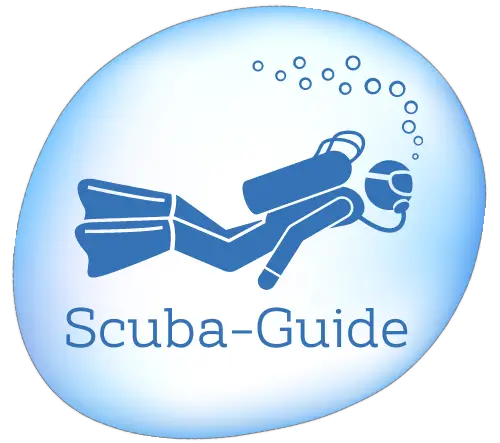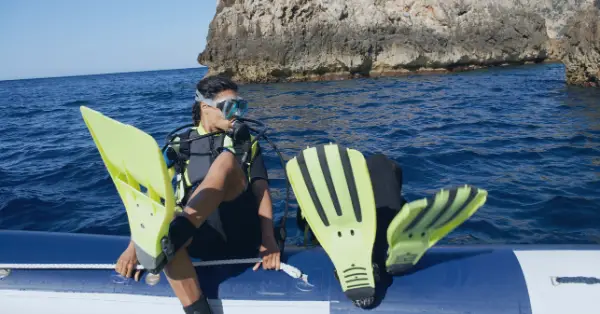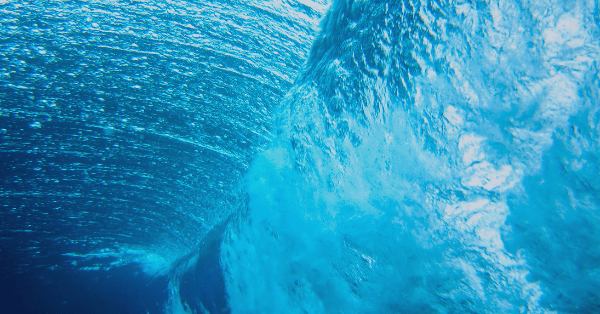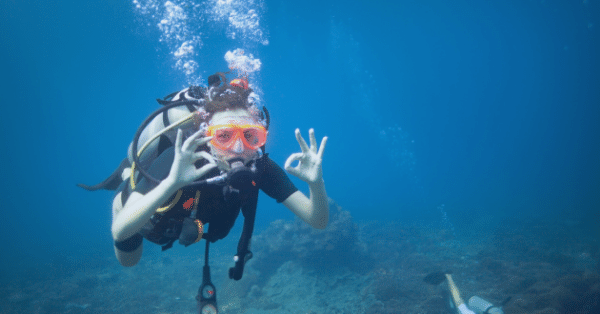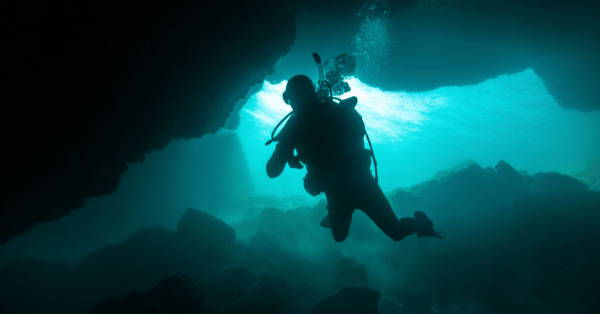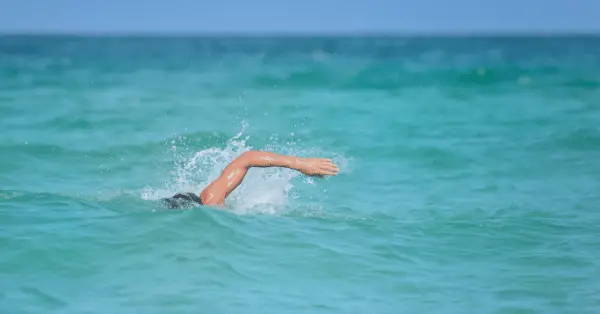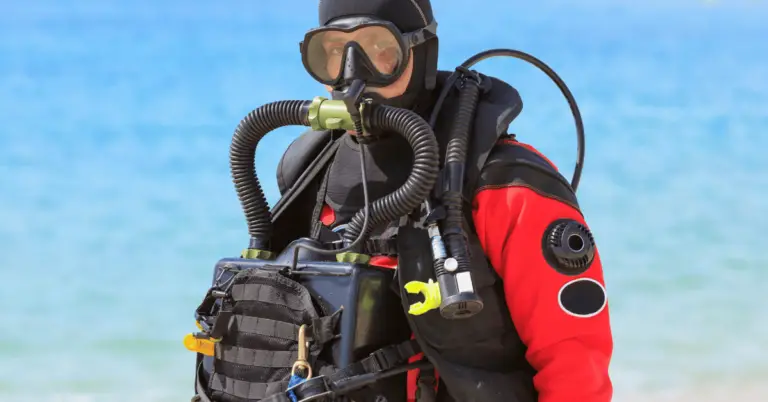An Introduction to Recreational Scuba Diving
Recreational diving is a great way to explore the world’s oceans and see things that are inaccessible from the surface. It can be a fun, family-friendly activity, or an opportunity to explore new and exciting places.
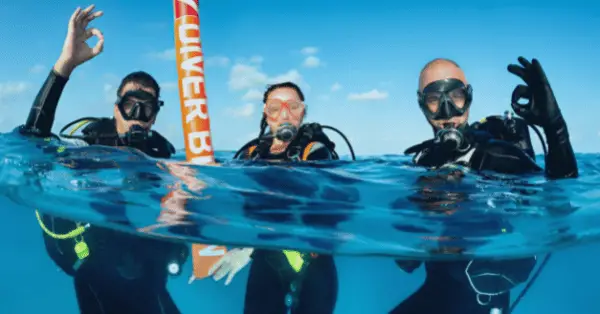
What is recreational scuba diving?
Recreational diving is a type of underwater exploration involving the use of self-contained underwater breathing apparatus (SCUBA). You’ll need specialized gear, including fins, masks, and a tank filled with compressed air. With this gear, you can remain submerged for long periods of time and explore depths that would otherwise be inaccessible.
Before you start diving, it’s important to take lessons from an accredited instructor and become certified in basic diving safety techniques. This will ensure that your experience is safe and enjoyable. Once you are comfortable with the basics, you can begin exploring new locations and activities like wreck diving or night dives.
Recreational diving depth limit
The maximum depth you can dive to is determined by your certification level. For most recreational divers, this limit is 130 feet (40 meters). It’s important to stay within this threshold, as deeper dives involve more risks and require advanced training.
Beginners with the Open Water certification are allowed to a depth limit of 60 feet (18 meters). With more experience, you can move up to Advanced and even Professional levels, allowing you to explore deeper depths. The mentioned 130 feet limits can be achieved with the Advanced Open Water certification.
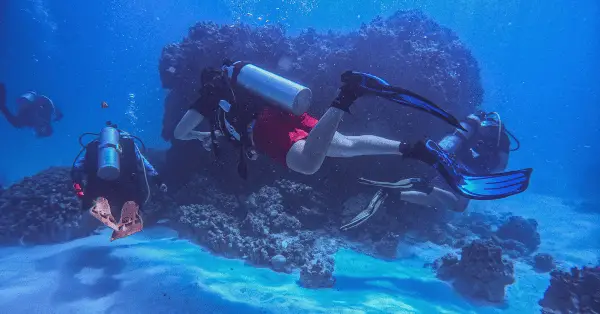
Recreational scuba tank
A scuba tank for recreational diving should be filled with air (not nitrogen) and should be at least 80 cubic feet. The typical recreational tank will contain between 80-100 cubic feet of air, providing an average of 45 to 60 minutes of bottom time.
The pressure is measured in PSI (pounds per square inch) or bar. You can find out the PSI on the tank itself, usually indicated by a number and/or small symbol. The tanks mostly use DIN or Yoke valves to connect the equipment to the tank.
You will never use the full tank – divers come out of the water usually with 50 bar or 500 PSI reserve.
Getting started with a discovery dive
If you’re new to recreational diving, a great place to start is by trying a ‘discovery dive’. This involves taking an introductory course and diving with your instructor in shallow waters. It’s a great way to get used to the gear and become comfortable underwater before exploring deeper areas. After learning some basics like descending from the surface, breathing underwater, and clearing your mask from incoming water, you can enjoy your first scuba dive.
If you enjoyed the discovery dive, you can proceed and get certified as an Open Water recreational scuba diver.
Recreational diving vs commercial diving
Recreational diving is different from commercial or technical diving. Recreational divers use air tanks and basic safety equipment, while technical divers often use specialized gear like rebreathes, trimix gas mixtures or additional decompression stops. Commercial divers are usually employed in underwater construction projects or scientific research; they may also be paid to explore shipwrecks.
The benefits of recreational scuba diving
The most obvious benefit of recreational diving is that it gives you access to parts of the world that are otherwise inaccessible. You can explore coral reefs, deep trenches, shipwrecks, and other amazing places. With proper training, you’ll also learn about marine life identification, navigation techniques, and other important skills that will help you stay safe and have an enjoyable experience.
In addition, recreational diving can be a great source of stress relief. You’ll be surrounded by peaceful underwater environments, giving you time to relax and clear your mind from the everyday hustle and bustle. It’s also a great way to bond with friends or family — after all, who doesn’t love to explore new places together?
Finally, recreational scuba diving is an incredible way to take part in conservation efforts around the world. Knowledge about marine life and its habitats helps us keep our oceans healthy for generations to come. With proper training and respect for the environment, you can help make a difference and enjoy some amazing sights at the same time.
Some of the best places for recreational diving
Some of the best places for diving are:
